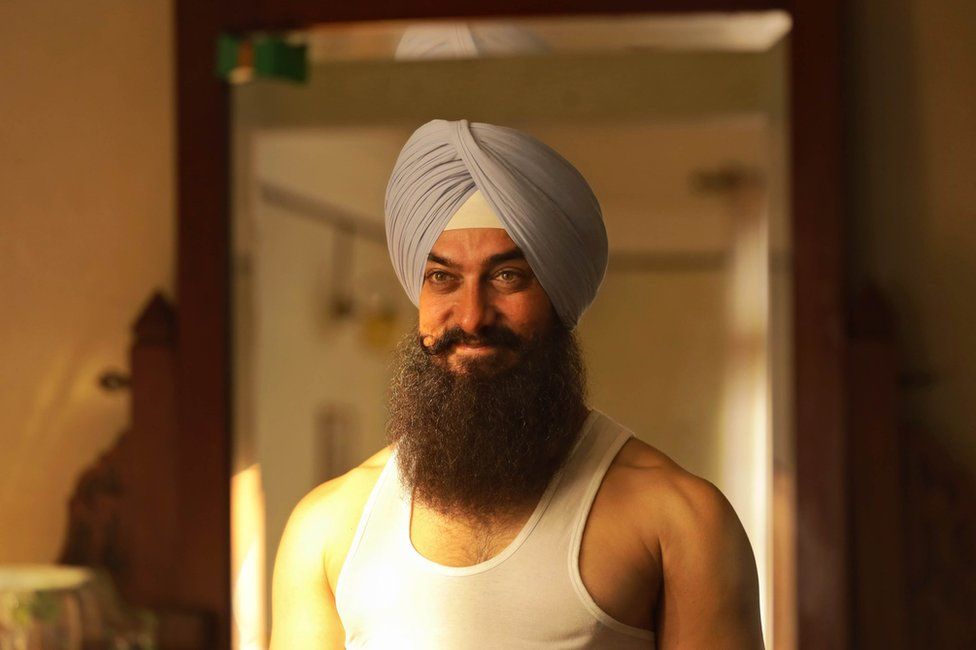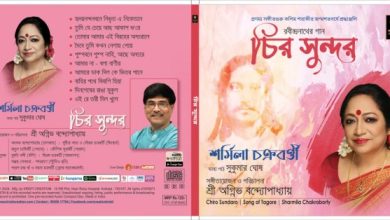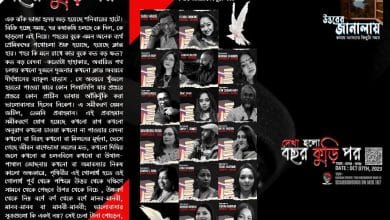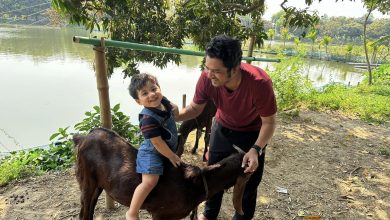How Aamir Khan adapted Forrest Gump to Bollywood

Bollywood star Aamir Khan waited for a decade to secure the rights of the 1994 Oscar-winning film Forrest Gump.
It was only in 2018 that he began work on Laal Singh Chaddha, a formal adaptation of the Tom Hanks classic, which opens in theatres on Thursday.
Khan teamed up with debutant screenwriter Atul Kulkarni and director Advait Chandan to bring the film to the theatres. He wanted to make it a “respectful tribute to the original and take it in an exciting new direction”, according to the film’s production notes.
During the first script reading, the makers set up some chairs in a room trying to recreate the atmosphere of a train.
“We put people in their places and started reading. Khan had internalised Laal so much that it immediately came out so organically. He was Laal straight away,” says Chandan. “Khan lived with this character for about 10 years”.
India has adapted several Hollywood, Korean and European movies. But Laal Singh Chaddha is special: filmmaker Karan Johar said on his popular show that the remake of “such an iconic Hollywood film has never happened before” in Bollywood.
Laal Singh Chaddha is like a “cover song of a genuinely loved classic”, says Chandan. Although Forrest Gump is a quintessentially American film, he says it is a “universal story, which we could bring an Indian flavour to.”
Just as the Hollywood version sees Gump, a good-hearted simpleton, travel through milestones in US history – the Vietnam War, the Watergate scandal – Chaddha’s life takes him through the cultural and political turnpikes of 20th Century India.
He is witness to epochal events including India’s first cricket World Cup win and the armed conflict with Pakistan in Kargil.
The film, keeping with Bollywood’s love for musicals, is loaded with songs. “If a film does not have songs, it does not feel Indian to me,” says Chandan. “The songs in the film reflect Laal’s feelings, evoking the same emotional response in the audience.”
The film has tweaked the original Forrest Gump story and brought in elements which make it Indian, the producers say.
Gump’s famous metaphor, “life is like a box of chocolates. You never know what you gonna get” is replaced with a reference to golgappa, a popular Indian street snack of crisp, round balls stuffed with chickpeas and potatoes and dunked in a sweet and spicy water.
In the original, Gump sits on the bench at a bus stop for most of the time and tells the story of his life to strangers. In the Bollywood remake, the director has swapped the bus stop for a train station – Chaddha tells his story to gathering passengers on a train journey.
“The railways are a big part of our lives. These are long journeys, sometimes 24 hours, and you end up making friends with people. You share food and water, and you find connections with them. I remember as a child I’d make friends on trains and then I’d write to them on their birthdays,” Chandan says.
In Forrest Gump, the character of Jenny – Gump’s best friend whom he later marries – had evoked a lot of conversations over her abused childhood and her inability to respond to Gump’s affections.
Khan’s adaptation appears to have avoided the moral ambiguity and portrayed Rupa (played by Kareena Kapoor Khan) as a woman with a troubled childhood and unfulfilled ambitions of becoming a Bollywood star.
Like Jenny, “Rupa’s journey is the same, but we found an Indian version of it”, Chandan says.
Chaddha is also an exploration of India, say the filmmakers. Like Gump, Chaddha is shown running across the country: the film was shot in over a hundred different locations – many of them not so well-known, like an “epic” nature park in the southern state of Kerala.
Unsurprisingly, it turned out to be a physically demanding role for the 58-year-old Khan.
The filmmakers say Khan prepared himself by running through different terrains, from busy cities to mountains. “Thank god he’s a fit guy!,” Chandan says.
Khan suffered a knee injury during the making of the film that had him limping in certain shots as he was running, according to the producers. “He was injured, but he kept going. It was a taxing film for him,” Chandran adds.
When Forrest Gump was first released some critics were sceptical. The New York Times found the film “a loose string of vignettes, presented at an unemphatic, page-flipping pace… and establishing Forrest as an accidental emblem of his times”. Defying the sceptics, Forrest Gump became one of the top grossing films in the US and won six Oscars in 1994.
Khan will be hoping Laal Singh Chaddha will reprise that success with audiences in India.
“The hope is that for someone who hasn’t watched Forrest Gump, they’ll love experiencing this unique form of storytelling for the first time. And for someone who has seen Forrest Gump, they’ll enjoy the new flavour this has and the twists and turns we’ve taken, plus the surprises we’ve thrown in,” says Chandan.
Bollywood’s superstar movies are yet to make a mark at the box office this year. The huge success of films in southern Indian languages with better scripts and slicker visuals has been a talking point among critics and moviemakers.
Will Laal Singh Chaddha help return Bollywood to box office glory? The jury is still out.





